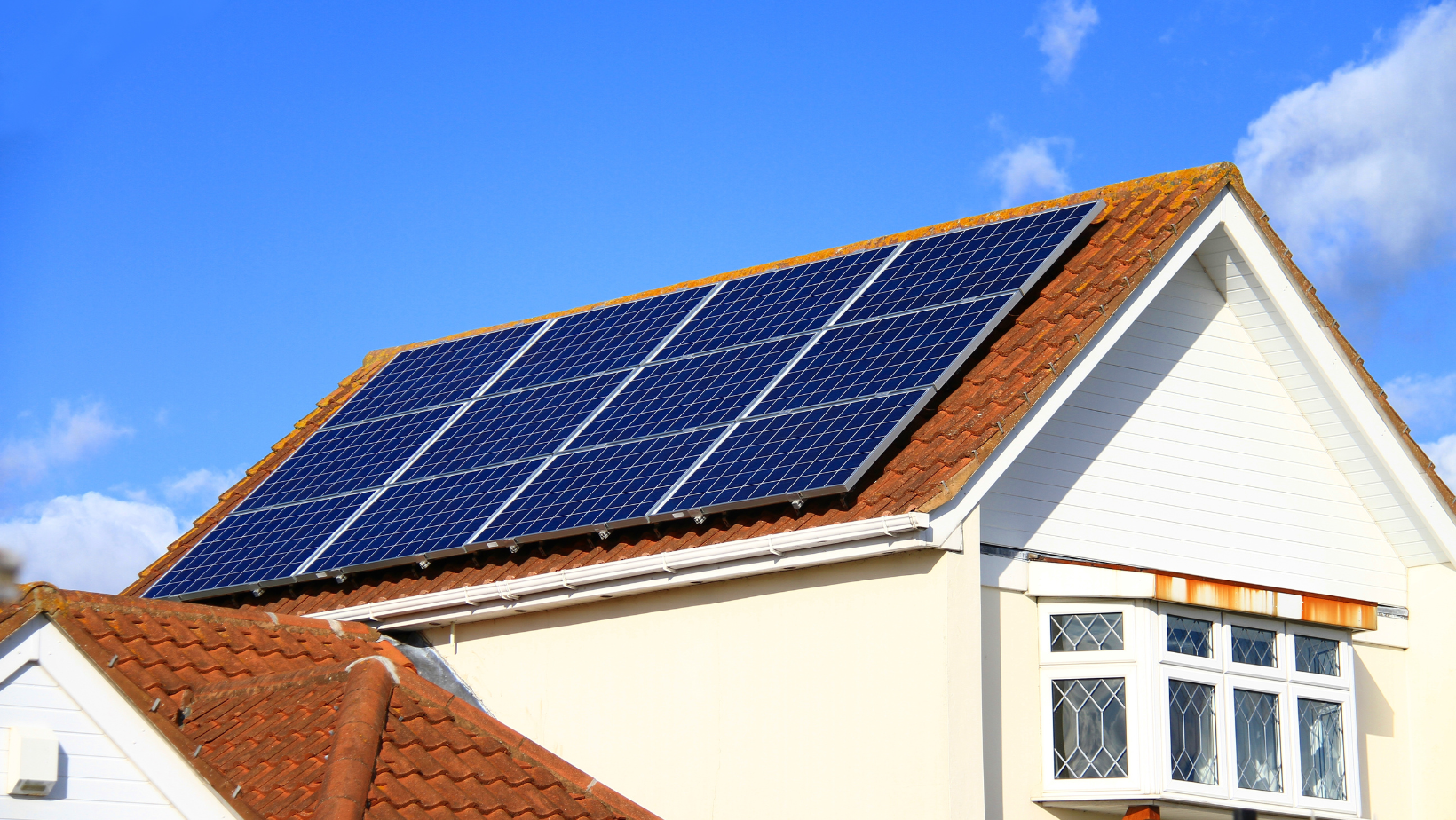In a world that is ever more concerned with sustainability and preservation of our environment, it is unsurprising that more and more homeowners are installing solar panels. According to MCS (the Microgeneration Certification Scheme) almost as many roof-top solar power systems were installed in 2022 as there were in 2019, 2020 and 2021 combined. As such, it is becoming increasingly likely that the property you seek to purchase may have solar panels installed on the roof and may even be considered a desirable addition for some buyers.
Key Considerations
Solar panels are an excellent way to subsidise electricity consumption but there are factors to consider when buying a property with panels already installed. This article is intended to be a brief overview of the factors to be considered where solar panels are involved in the buying process.
Firstly, it’s a considerable additional weight on the roof structure and the more panels there are the more weight is being added onto the roof. Any solar panel installation should be preceded by a survey of the structural integrity of the roof unless the panels were installed as part of the original construction of the property. An installation that has taken place after the original construction will be subject to building regulations.
An important point to establish is whether the panels are:
- Owned by someone else and installed on the property with the permission of the seller;
- Owned by the seller (either outright or under a finance agreement); or
- Leased by the seller from someone else.
The ownership of the panels as set out above will affect the types of questions that a buyer should ask and have answered before proceeding with a purchase. It may also impact on any lender’s decision as to whether to lend and secure their charge against a property.
Legal and Financial Implications
Often, property owners benefit from a Feed-In Tariff agreement (FIT) with the utility supplier. Under a FIT scheme householders receive income from the energy generated by solar panels (or other eligible installed systems).
Where the panels are owned by someone else and installed with the seller’s permission, it would usually follow that there will be a lease of the airspace immediately above the roof from the seller to the third party governing the use of the panels, detailing responsibilities for repair, maintenance renewal and removal as well as any FIT agreement. The buyer’s solicitor will expect to see the lease, explain its terms to a buyer and ensure it meets the current lenders requirements. The buyer may be expecting to rely on free electricity stream or an income generated by a FIT agreement so having sight of the lease and any MSC and FIT paperwork will allow them to assess how much benefit the seller has recently obtained and to establish how much benefit the buyer may receive.
Where the panels are owned by the seller a buyer is likely to be more interested in the practical aspects such as the amount of revenue generated by the panels, their overall shelf life, whether any warranties or guarantees are still valid, as well as their current state of repair. Checks should be made that any buildings insurance policy would cover the panels against damage as part of the property.
If the seller has borrowed money to install the panels then issues may arise over any security for repayment that may affect the property or be secured against it. If the buyer is expected to “inherit” the loan agreement in any way it will be necessary to carefully the scope of what they are being expected to take on, in addition to the practical aspects outlined above.
If the panels are owned outright then the buyer should also make certain that they are to be sold together with the property, if this is what they are expecting. A seller would be within their rights to dismantle the panels and move them to any new property they were purchasing, if they wished.
As previously stated there are several factors to consider but if a buyer goes into the purchase with their eyes opened and fully informed then there are considerable benefits to be had for both the buyer and the environment as a whole.
How Pinney Talfourd can help
If you are purchasing a property with solar panels and need further guidance, contact our dedicated Residential team at 01708 229444.
The above is meant to be only advice and is correct as of the time of posting. This article was written by Alexandria (Lexie) Jacobs, Senior Associate in the Residential Property team at Pinney Talfourd LLP Solicitors. The contents of this article are for the purposes of general awareness only. They do not purport to constitute legal or professional advice. Specific legal advice should be taken on each individual matter. This article is based on the law as of September 2024.














